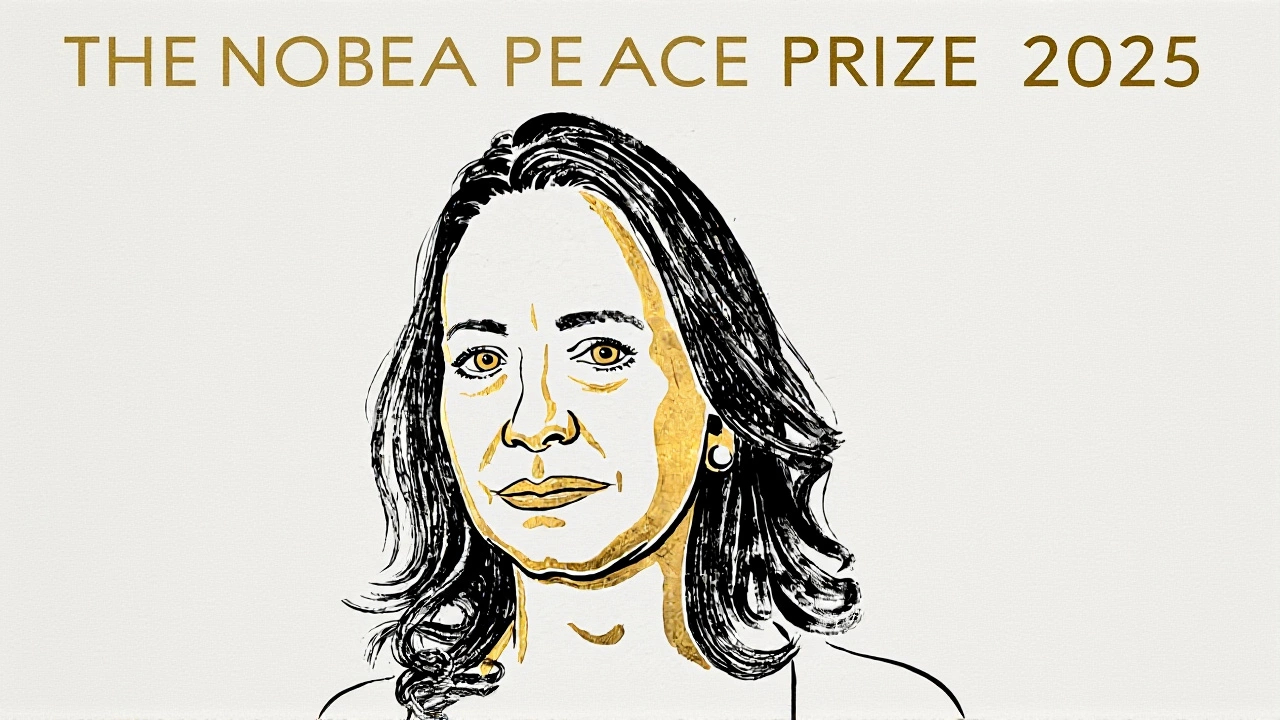Nobel Peace Prize – History, Impact and How It Shapes Global Peace
When talking about Nobel Peace Prize, an annual award that honors people or groups who have made outstanding contributions to peace. Also known as Peace Prize, it celebrates actions that move the world toward less conflict and more cooperation.
The Nobel Peace Prize encompasses peacebuilding – that means it looks at projects that bring rival communities together, rebuild after wars, or create dialogue where none existed. It also requires humanitarian contributions; laureates often provide food, medical aid, or education to those caught in crises. A key player behind many of these efforts is the United Nations, the global organization that works with laureates on conflict resolution and development programs. The UN’s peacekeeping missions, for example, often inspire or support the work that earns the prize.
Related Themes You’ll See Across the Collection
Another core idea tied to the prize is Human Rights, the basic freedoms and protections that many laureates fight to uphold. Whether it’s fighting for freedom of speech, gender equality, or the right to clean water, human‑rights work directly fuels peace. Humanitarian Aid, relief efforts that address immediate suffering in war‑torn regions is often the first step toward lasting stability. And Peacekeeping, missions that deploy neutral forces to monitor ceasefires and protect civilians provides the security needed for longer‑term rebuilding.
These entities don’t live in isolation. The Nobel Peace Prize influences international policy, while the United Nations can shape the prize’s focus by nominating candidates who align with global agendas. Human‑rights advocates frequently collaborate with humanitarian groups, creating a network where each piece strengthens the others. This web of relationships shows why the prize matters beyond a trophy; it acts as a catalyst for coordinated action.
Our list below pulls together stories that echo these themes, even when they seem far apart. From a daring Mahindra Thar stunt that raised safety debates, to a Mars rover finding that hints at life beyond Earth, each piece touches on human curiosity, risk, and the drive to protect our future. The cricket triumphs, the hit‑and‑run statistics, and the tech updates all remind us that peace isn’t just diplomatic talks – it’s the everyday stability that lets societies thrive.
Below you’ll find a mix of articles that illustrate how the Nobel Peace Prize’s spirit shows up in real‑world events, scientific breakthroughs, and even pop‑culture moments. Dive in to see how peace, safety, innovation and human effort intersect across the stories we’ve gathered.

María Corina Machado Wins 2025 Nobel Peace Prize Amid Venezuela Crisis
María Corina Machado wins the 2025 Nobel Peace Prize for promoting democratic rights in Venezuela, a move set to spark sanctions relief talks and intensify pressure on Maduro's regime.